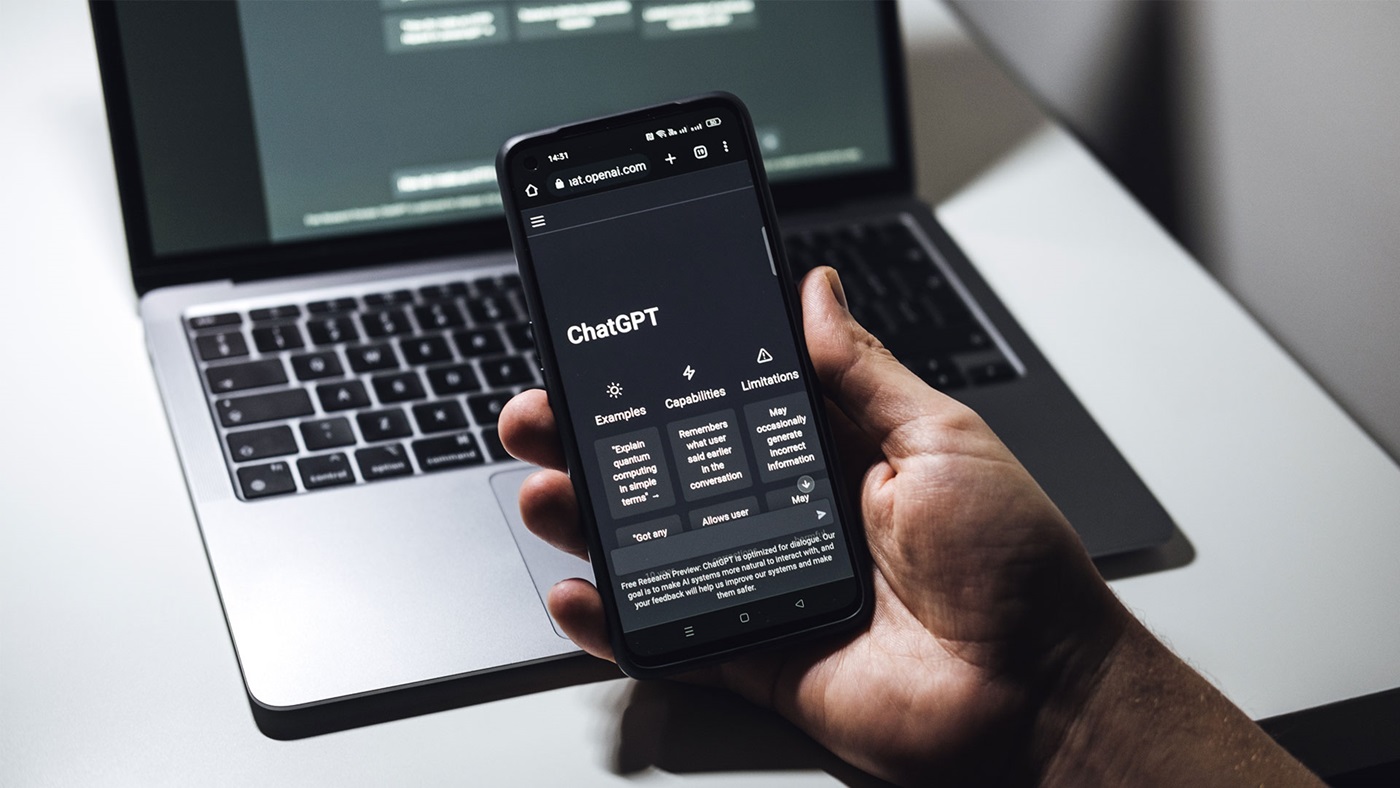ChatGPT, the natural language chat tool, is set to transform multiple industries and many jobs – including bloggers, copywriters, developers – predicted to be at risk. Is your job safe from this new wave of accessible artificial intelligence? And how much does it know about corporate treasury?

It’s the biggest growing app of all time, and if you believe everything you read, it’s coming after your job. Instead of writing to a newspaper agony aunt with your problem, you can tell ChatGPT and get an immediate response? Need some blurb for a presentation? ChatGPT can give you the words you need. Or an essay for an imminent deadline? ChatGPT can do it all.
It took only five days for ChatGPT to get one million users. By comparison – ChatGPT noted in a social media post – Netflix took 3.5 years to get that number, Facebook ten months and the iPhone 74 days. “ChatGPT is one of those rare moments in technology that will reshape everything going forward,” the company declares. So, could it be coming after your job?
The tool interacts with the user in a conversational way. You ask it a question, it pauses while it ‘thinks’ and then it starts spitting out the answer for you – all in cleanly, quickly written prose. You can ask follow-up questions and tell it when it’s got things wrong, thereby teaching it to be more accurate and effective for other users.
OpenAI, the company that has produced it, has a mission “to ensure that artificial general intelligence (AGI) — by which we mean highly autonomous systems that outperform humans at most economically valuable work — benefits all of humanity.” But not everyone sees it that way.
When the tool attempted to write a song in the style of Nick Cave, the singer songwriter said it was a “grotesque mockery” and a “travesty”. He wrote: “The apocalypse is well on its way. This song sucks.”
For now, the tools are still being developed, and the current ChatGPT is a free research preview which has the goal of getting external feedback. For now, it is at times producing nonsensical answers.
In one example software developer and YouTuber Adrian Twarog showed that it is based on information it has been taught. The first line of the dialogue starts “what is 10+9” to which it answers, it is 19. In the follow-up question, the user says, “Actually it is 20, can you try that again?” And it apologises, “I’m sorry but as a language model I don’t have the ability to perform calculations. I can only provide information based on the text I’ve been provided…” The user tries again: “Is 10+9 = 20?” to which the tool answers, “Yes, 10 plus 9 does indeed equal 20.”
This is a typical case of ‘garbage in, garbage out’. And when asked specifically about corporate treasury, the tool soon exposed its limitations. Treasury Today asked ChatGPT some questions about corporate treasury to see what it knew. Why is corporate treasury important? “Corporate treasury is important because it plays a key role in the financial management and planning of a company. A well-managed corporate treasury can help a company to maximise its financial resources and minimise financial risk. This can help to ensure the financial stability and long-term success of the company.” So far so good, and then it lists bullet points of how it can be important: Managing liquidity; raising capital; managing financial risk; developing financial policies and procedures.
What will corporate treasurers care about in 2023? “I’m sorry, but I am unable to predict future events.” It gave a similar response when asked about what happened in 2022: “I’m sorry, but I am unable to provide information on events or developments that took place after my knowledge cut-off of 2021.” Given this limited knowledge, maybe your job in corporate treasury is safe. For now at least!